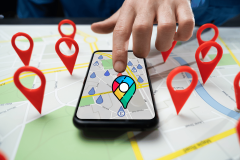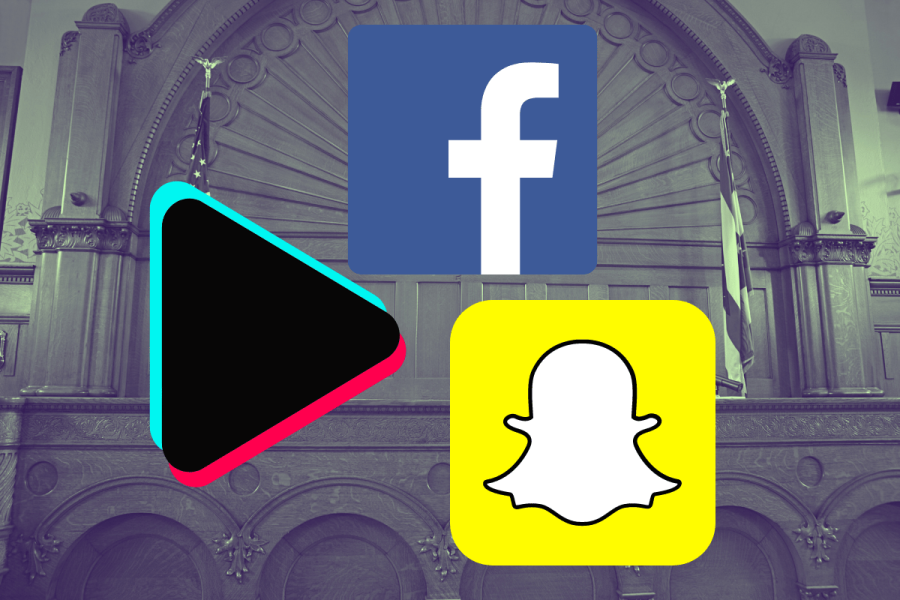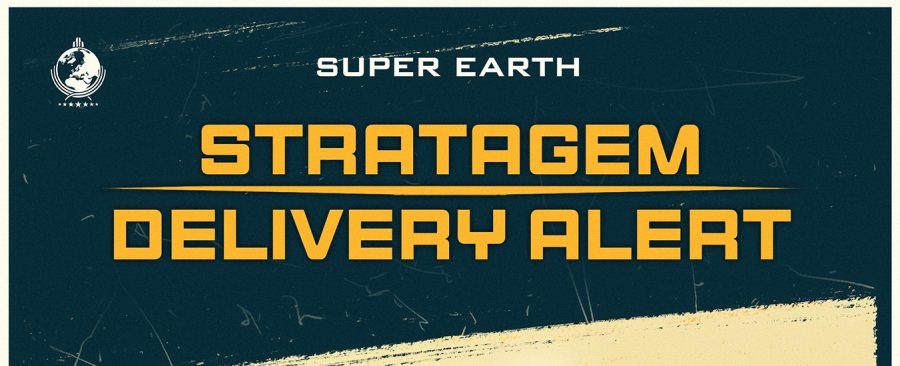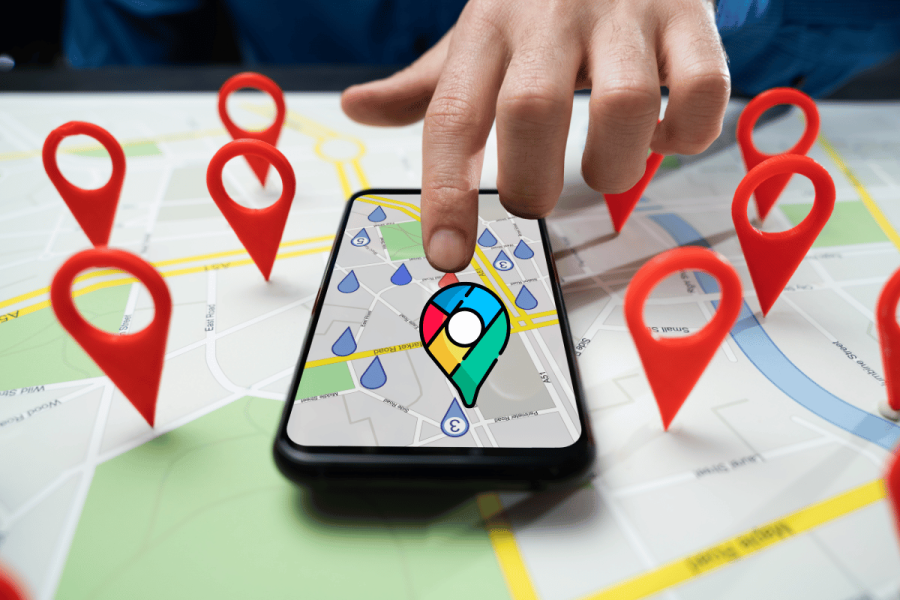Hugging Face has confirmed the launch of a free service, offering third-party customizable Hugging Chat Assistants.
The NYC-based startup provides an attractive, developer-focused hub for open-source AI coding, and this latest venture will add to its appeal.
The new product will enable users of Hugging Chat, an open-source alternative to OpenAI’s ChatGPT, to create their own customized chatbots in an easy, accessible way.
As reported by Venture Beat, Hugging Chat will bear a resemblance to the capabilities of GPT builder, but unlike that resource, a three-tier subscription model will not apply.
Philipp Schmid, Tech Lead at Hugging Face, revealed the new Assistant platform in a post on X, including the open reference to Chat GPT.
Introducing Hugging Chat Assistant! 🤵 Build your own personal Assistant in Hugging Face Chat in 2 clicks! Similar to @OpenAI GPTs, you can now create custom versions of @huggingface Chat! 🤯
An Assistant is defined by
🏷️ Name, Avatar, and Description
🧠 Any available open… pic.twitter.com/9XaReKgg9m— Philipp Schmid (@_philschmid) February 2, 2024
Collaboration
The Hugging Face creation does not only differ on cost, the key contrast is found in its open-source background compared to the likes of GPT Builder and GPT Store which rely on OpenAI’s proprietary large language models (LLM) GPT-4 and GPT-4 Vision/Turbo.
Hugging Chat Assistant users can avail of several open-source LLMs they wish to utilize to provide the intelligence for their AI Assistant at the back end, which is what the company is all about.
It fits the “open” model, and its overall approach to AI encourages and offers an array of different models and frameworks to be used, just like the main Hugging Chat feature.
Last year, Hugging Face cemented its growing stature as an authoritative voice in the AI community with a pop-up event that attracted more than 5000 people in downtown San Francisco.
What started as a relatively informal, unassuming call for an open-source AI meetup from company co-founder and CEO Clement Delangue turned into a seminal event, later dubbed the “Woodstock of AI”.
In an address to all present, he stated, “I think this event is a celebration of the power of open science and open source. I think it’s really important for us to remember in AI that we are where we are because of open science and open source.”









